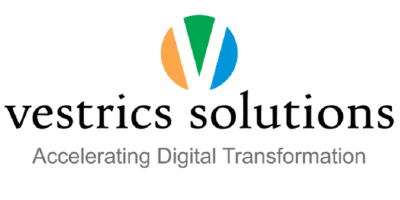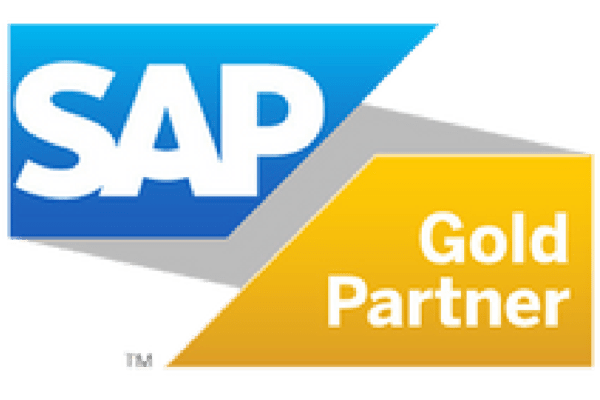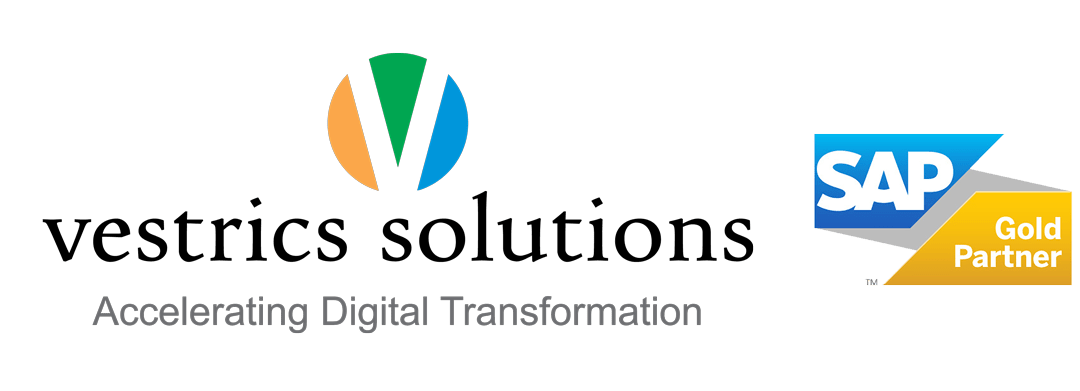In today’s rapidly evolving manufacturing landscape, efficiency and precision are paramount. This is where Enterprise Resource Planning (ERP) software plays a crucial role. It helps streamline operations, improve productivity, and enhance decision-making processes. However, with a plethora of options available, selecting the right ERP software for your manufacturing business can be a daunting task. This blog post aims to provide you with a comprehensive guide, steering you through the process of choosing the best manufacturing ERP software.
Understand Your Business Needs
To choose the right manufacturing ERP software, it’s crucial to have a clear understanding of your specific business requirements. Different manufacturing processes have distinct operational demands. For example, a chemical manufacturing facility may prioritize batch processing and compliance with safety regulations. At the same time, an electronics manufacturer might focus on complex bill of materials (BOM) management and quality control. Perform a thorough analysis of your existing operations and identify pain points that must be addressed.
Scalability and Flexibility
Select an ERP system that can grow with your business. This means the software should have the capability to handle an increase in production volumes, accommodate new product lines, and adapt to evolving business processes. Look for a solution that offers modular functionalities, enabling you to incorporate or remove features as your business expands. This ensures that your ERP system remains an asset rather than a limiting factor.
Integration Capabilities
Efficient integration with your existing systems is critical for a seamless ERP implementation. Your ERP software should seamlessly connect with other business applications like CRM, financial software, and supply chain management tools. This integration streamlines data flow, reduces manual data entry, and provides a unified view of your business operations. Compatibility with your current technology stack is essential to avoid costly disruptions.
Cloud-Based or On-Premise?
Choosing between a cloud-based and on-premise ERP solution depends on your business’s specific needs and preferences. A cloud-based ERP system offers accessibility from anywhere with an internet connection and often involves lower upfront costs. On the other hand, an on-premise solution provides greater control over data security and customization options. Consider factors like data sensitivity, IT infrastructure, and the level of control you want over your system when making this decision.
Vendor Reliability and Support
Selecting a reputable and experienced ERP vendor is crucial. Look for SAP partners with a proven track record in the manufacturing industry. Read customer reviews and case studies and seek referrals to gauge the vendor’s reliability. Additionally, assess the level of support the vendor offers. Prompt assistance for troubleshooting, updates, and ongoing support is vital to ensure seamless functioning of your ERP system.
Also read: https://www.vestrics.in/7-key-benefits-of-choosing-sap-s-4hana-cloud-for-the-pharma-industry/
Customization and Configuration Options
Every manufacturing operation has unique workflows and processes. Your chosen ERP system should allow for a high degree of customization and configuration to adapt to your specific requirements. This ensures the system aligns seamlessly with your existing workflows and business processes. Avoid solutions that force a rigid, one-size-fits-all approach, as they may not adequately meet your specific needs.
User-Friendliness and Training
The usability of the ERP software is a critical factor in its successful implementation. An intuitive interface minimizes the learning curve for your team, allowing them to adapt to the new system quickly. Consider whether the vendor provides training resources and support for your employees. Effective training and continuous support are crucial for optimizing the advantages of your ERP system and guaranteeing user acceptance.
Data Security and Compliance
Manufacturing operations handle sensitive data, including product designs, customer information, and financial records. It’s imperative that your chosen ERP system complies with industry-specific regulations and data protection standards. Seek out strong security measures such as data encryption, access controls, and routine security updates to protect your vital information from unauthorized access or breaches.
Total Cost of Ownership (TCO)
When evaluating ERP solutions, consider the total cost of ownership over the long term. This includes not only the initial licensing and implementation costs but also ongoing expenses such as maintenance, upgrades, and support. A comprehensive TCO analysis will help you make an informed decision based on the value the ERP system provides over its lifespan rather than just the upfront investment.
Industry-Specific Functionality
Different manufacturing sectors have specific operational requirements. Some ERP systems are designed with industry-specific features and modules to cater to these unique needs. For example, an ERP system tailored for pharmaceutical manufacturing might emphasize compliance with Good Manufacturing Practices (GMP), while a food processing ERP might focus on traceability and quality control. Choosing a solution aligned with your industry ensures that it addresses the specific challenges you face.
Vendor Roadmap and Future Development
Consider the vendor’s future plans and development roadmap for their ERP software. A forward-thinking vendor will continuously enhance their product to incorporate emerging technologies and stay aligned with industry trends. This ensures that your ERP system remains competitive and relevant in the ever-changing manufacturing landscape, providing long-term value for your business.
By considering these factors thoughtfully, you can make a knowledgeable choice when selecting the most suitable manufacturing ERP software for your particular business requirements. This thoughtful approach sets the stage for a successful ERP implementation that can significantly enhance your manufacturing operations.
Also read: https://www.vestrics.in/5-ways-the-right-erp-software-can-grow-your-sme/
Conclusion
Selecting the best manufacturing ERP software is a significant decision that can significantly impact your business’s efficiency and profitability. You can make a well-informed decision by comprehending your specific requirements, assessing scalability and integration capabilities, and appraising vendor dependability. Additionally, prioritize factors like customization options, user-friendliness, and data security. Remember to factor in the total cost of ownership and look for industry-specific functionality. With careful consideration of these tips, you can embark on an ERP implementation that sets your manufacturing business on a path of sustained success.






